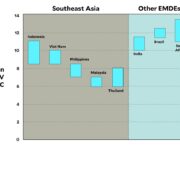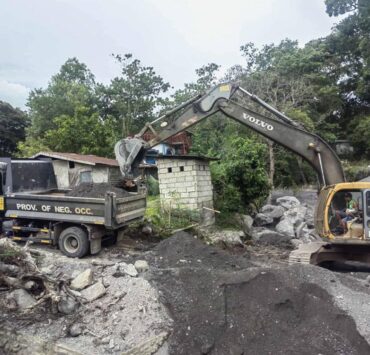Central Visayas workers get pay hike

CEBU CITY—The minimum wage earners in the private sector in Central Visayas can expect an increase in their daily wage ranging from P37 to P47 per day starting on Oct. 4.
The salary of domestic workers in the region has also been fixed at P7,000 a month, from wages ranging from P5,000 to P6,000.
The new salary levels were contained on two separate wage orders issued by the Regional Tripartite Wages and Productivity Board (RTWPB 7) and approved by the National Wages and Productivity Commission (NWPC).
While Central Visayas is now only composed of Cebu and Bohol, the order also covered Negros Oriental and Siquijor since the Negros Island Region, where the two provinces now belong, still has to operationalize its own RTWPB.
Based on Wage Order No. ROVII-26, the minimum wage of workers from extended Metro Cebu area, or Class A, is pegged at P540 per day, or a P39 increase from the current P501 per day.
Class A covers the cities of Carcar, Cebu, Danao, Lapulapu, Mandaue, Naga and Talisay and the towns of Compostela, Consolacion, Cordova, Liloan, Minglanilla, and San Fernando.
The minimum wage within Class B areas, or outside the expanded Metro Cebu, is pegged at P500 per day, from the current P463 per day and 453 per day, or increase ranging from P37 to P47.
Worrisome for biz
These areas include the cities of Bogo and Toledo and other municipalities in Cebu province outside of Metro Cebu; Tagbilaran City and entire Bohol; cities of Bais, Bayawan, Canlaon, Dumaguete, Guihulngan, Tanjay, and the whole Negros Oriental and Siquijor.
However, the business sector in Cebu and other parts of the region raised concern over the impact of the minimum wage hike on small enterprises.
“The new minimum wage of P540 in Metro Cebu and P500 outside Metro Cebu will significantly affect micro, small, and medium enterprises (MSMEs), which make up 96 percent of all businesses,” said Mark Anthony Ynoc, president of the Mandaue Chamber of Commerce and Industry.
Ynoc said that while they understood that the workers need to be supported because of the rising costs of living, labor expenses take a large share of the operating expenses of MSMEs.
“Higher wages without matching productivity growth could lead to reduced hiring, layoffs, or closures—putting pressure on our 5.3 percent unemployment rate. It also impacts competitiveness. Investors may hesitate to expand in Cebu if labor costs outpace productivity and infrastructure support remains weak. With government spending on infrastructure still lagging, job creation and GDP (gross domestic product) growth remain constrained,” he said.
Ynoc added: “Wage hikes must therefore be paired with stronger support systems—better infrastructure, productivity programs, and ease of doing business—so that both workers and businesses can thrive sustainably.”

















